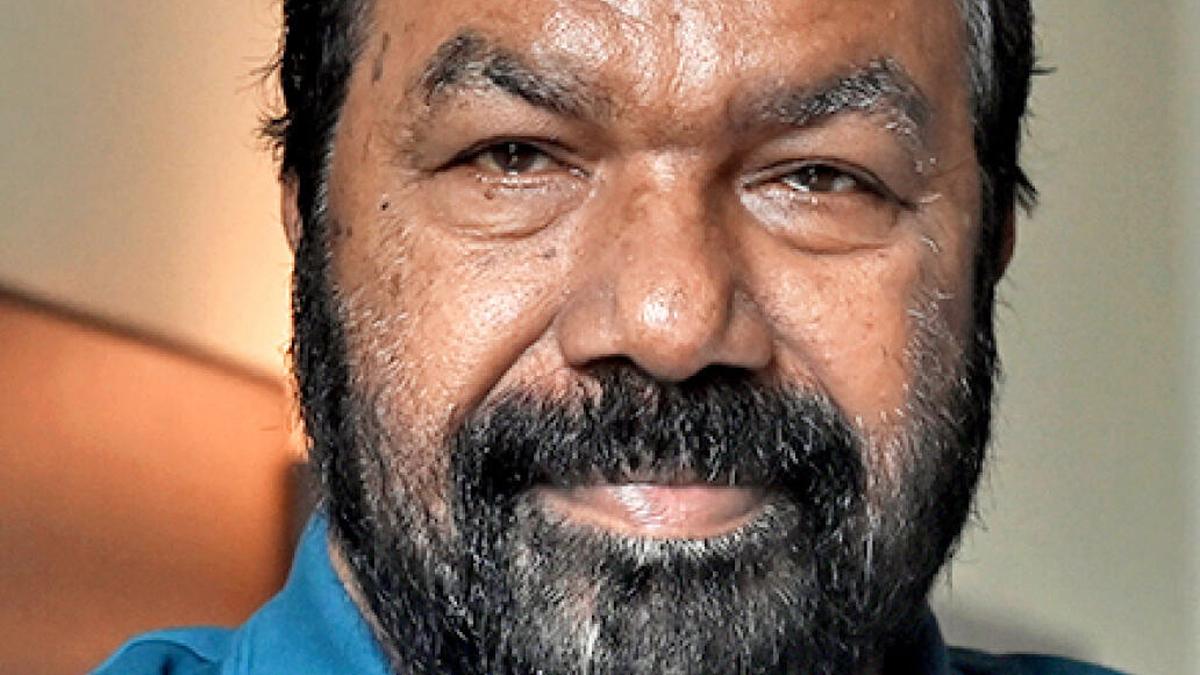‘Prolonged State interference in auto fuels’ retail prices and losses for OMCs a negative’
‘Prolonged State interference in auto fuels’ retail prices and losses for OMCs a negative’
Oil marketing companies’ (OMCs’) losses on account of frozen retail fuel prices and the prospect of prolonged ‘State interference’ in pricing decisions pose a negative risk for their credit profiles, Fitch Ratings wrote in a note on Wednesday.
Price-freezes for gasoline, gasoil and liquified petroleum gas (LPG) during recent periods of elevated crude-oil prices have caused marketing losses for Indian oil marketing companies that outweigh strong gross refining margins, that are at a record high, Fitch said. These losses would pressure their profitability and credit metrics.
Freedom in retail fuel pricing would also help reboot the Centre’s plans to disinvest BPCL, the public sector oil marketing major whose sale process has been dropped after bidders lost interest, Fitch noted.
“The OMCs have borne the largest share of the burden of surging crude oil prices in 2022, despite government tax cuts, with only limited price rises being passed on to end consumers,” the agency said.
While Fitch expects ‘near-term prices’ to continue to reflect the Centre’s efforts to balance the country’s fiscal needs, inflationary pressures and OMCs’ financial health, over the long term, it emphasised the need for their marketing margins to remain aligned with crude oil price movements.
“The government has in the past allowed OMCs to recoup losses from the temporary suspension of daily price resets in subsequent periods,” the rating firm said.
“A scenario of prolonged State interference in auto-fuel retail prices and losses at the OMCs would be negative for their standalone credit profiles. This may lead to a rethink of the government’s approach to fuel prices. We believe freedom for OMCs to control retail fuel prices would support government attempts to re-initiate the divestment of BPCL, should it choose to do so,” it concluded.





